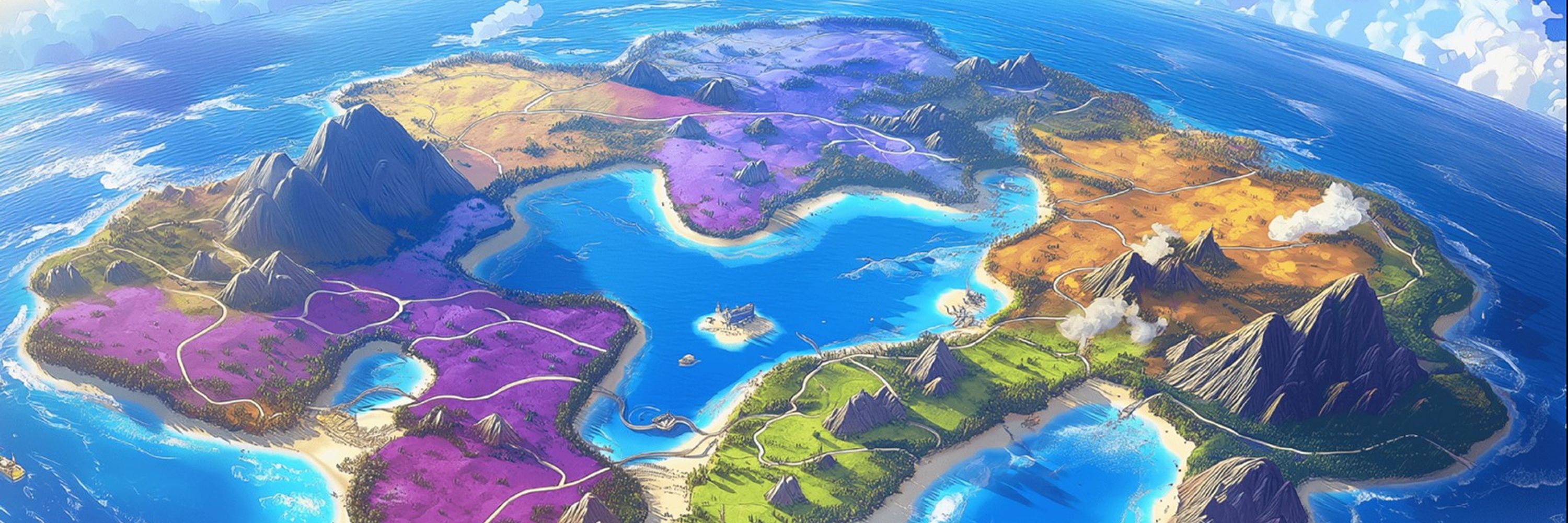
Kahani
@getkahani.bsky.social
12 followers
41 following
41 posts
🧠 Exploring how play rewires behavior & mental health
🎮 Gamification | Psychology | Recovery
🚀 Building Kahani: your eating disorder recovery companion
Posts
Media
Videos
Starter Packs
Kahani
@getkahani.bsky.social
· Apr 11
Kahani
@getkahani.bsky.social
· Apr 11
Kahani
@getkahani.bsky.social
· Apr 9
Kahani
@getkahani.bsky.social
· Apr 8
Kahani
@getkahani.bsky.social
· Apr 7
Kahani
@getkahani.bsky.social
· Apr 7
Kahani
@getkahani.bsky.social
· Apr 5
Kahani
@getkahani.bsky.social
· Apr 4
Kahani
@getkahani.bsky.social
· Apr 3
Kahani
@getkahani.bsky.social
· Apr 3
Kahani
@getkahani.bsky.social
· Apr 3
Kahani
@getkahani.bsky.social
· Apr 3
Kahani
@getkahani.bsky.social
· Apr 3
Kahani
@getkahani.bsky.social
· Apr 3
Kahani
@getkahani.bsky.social
· Apr 3
Kahani
@getkahani.bsky.social
· Apr 3
Kahani
@getkahani.bsky.social
· Apr 3
Kahani
@getkahani.bsky.social
· Apr 2
Kahani
@getkahani.bsky.social
· Apr 2
Kahani
@getkahani.bsky.social
· Apr 1
Kahani
@getkahani.bsky.social
· Mar 31
Kahani
@getkahani.bsky.social
· Mar 31
Kahani
@getkahani.bsky.social
· Mar 31
Kahani
@getkahani.bsky.social
· Mar 31
Kahani
@getkahani.bsky.social
· Mar 31

